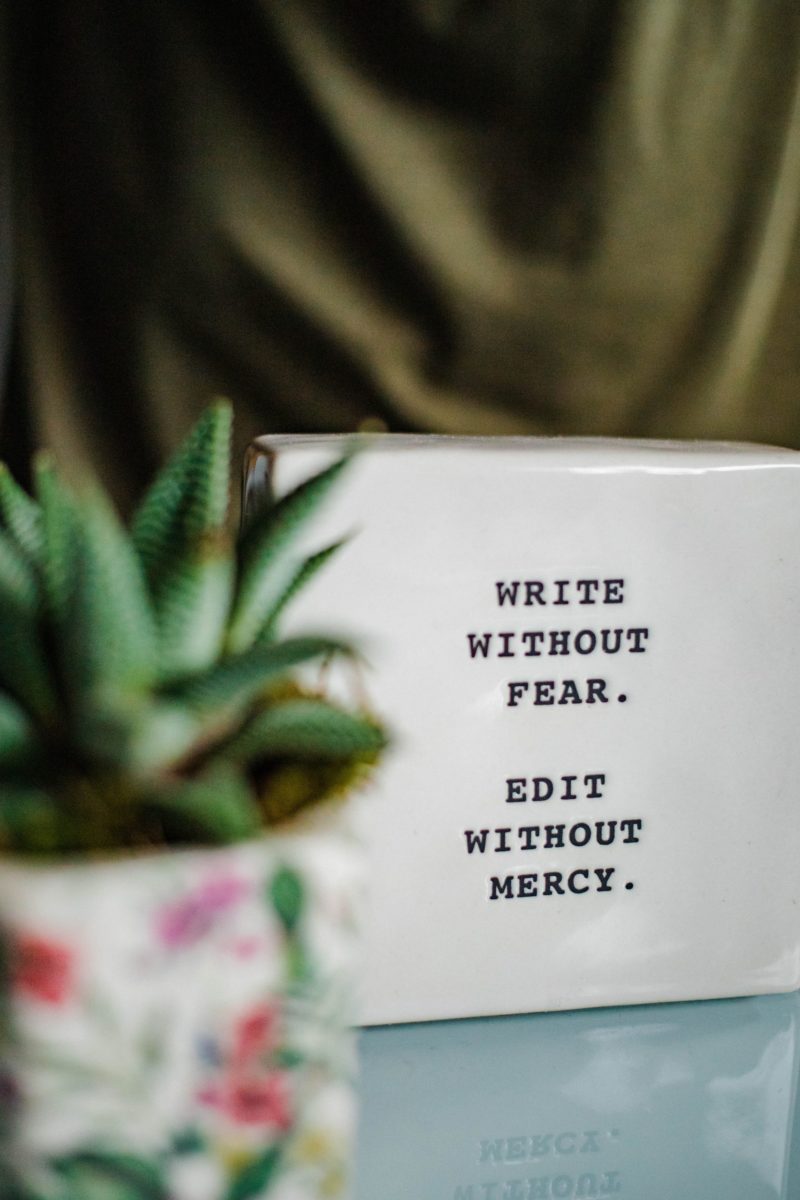10 Steps to Edit the Perfect Poem
There are several ways to edit your work. When it comes to writing, this mantra is no less true. As such, there is no right or wrong editing method, because the most important thing is that you, as the writer adopt the one that works best for you. Sometimes, the editing part can be a hard and daunting task. However, editing a piece of writing is just as crucial as the writing itself.
I had a teacher who said, “first we write with our hearts, then we edit with the brain.” Through editing, we polish and improve our poems, allowing ourselves the opportunity to reflect on their true meaning. Below, are a couple of tips that I use in my own poetry which I find very helpful.
1.
First of all, keep an original version of the piece saved. Therefore, you are not afraid to cut a word or line you may want to maintain. Feel free to be pitiless in your editing. No word will bleed more than you.
2.
Print your poem. Read it as a reader. Do not ponder anything more methodical at this moment. Simply enjoy the words. Later, it will be easier to make notes and edits. You can even write the new version in the back of the page.
3.
Read the entire poem again. With this reading, think about the essence of the poem and the sound of words. Review the content: the structure, the poetic “I” – (is the poet the orator of the poem?), and the relevance of the places.
4.
Underline the sentences where there might be a place and/or object with a different color. What is the symbolism of that particular color inside the poem? Make sure each one of them has a relationship with the emotions you desire to transmit.
5.
Enhance the style: the spelling, the syntax, the pace of verses. Avoid excess adjectives to allow the words to breathe better. In poetry, it is always good to reduce to bare bones.
6.
Write a list of words that embody the mood of your poem. Does it have a gloomy or epic tone? Do the words mirror the nature of it? Every word counts and it should contribute to the whole of the poem.
7.
Have a journal dedicated to poetry. In it, you can catalog your thoughts and observations throughout the day, such as a certain image you see, a scent that inspires you when you go to a coffee shop, among other things.
8.
You can emphasize the sense of your poem if you utilize a few poetry devices, such as the metaphor. Write about your interests but through a metaphorical lens.
9.
Edit until you say everything you want to say. Be an archaeologist digging out the marrow of your poem. It should be a pleasure to hold in your hands the authentic skeleton of your work.
10.
Read the poem out loud. Are you satisfied? If so, rewrite the poem and save it. If not, do not worry. You can return to the poem as many times as you wish.
Poetry is a wonderful manifestation full of diversity. It is the most emancipating form of creative writing. A poem can be concrete or abstract, formal or free. You decide how the poem will be. I hope you try at least some from the list above but remember: the finest technique is the one that works for you.




